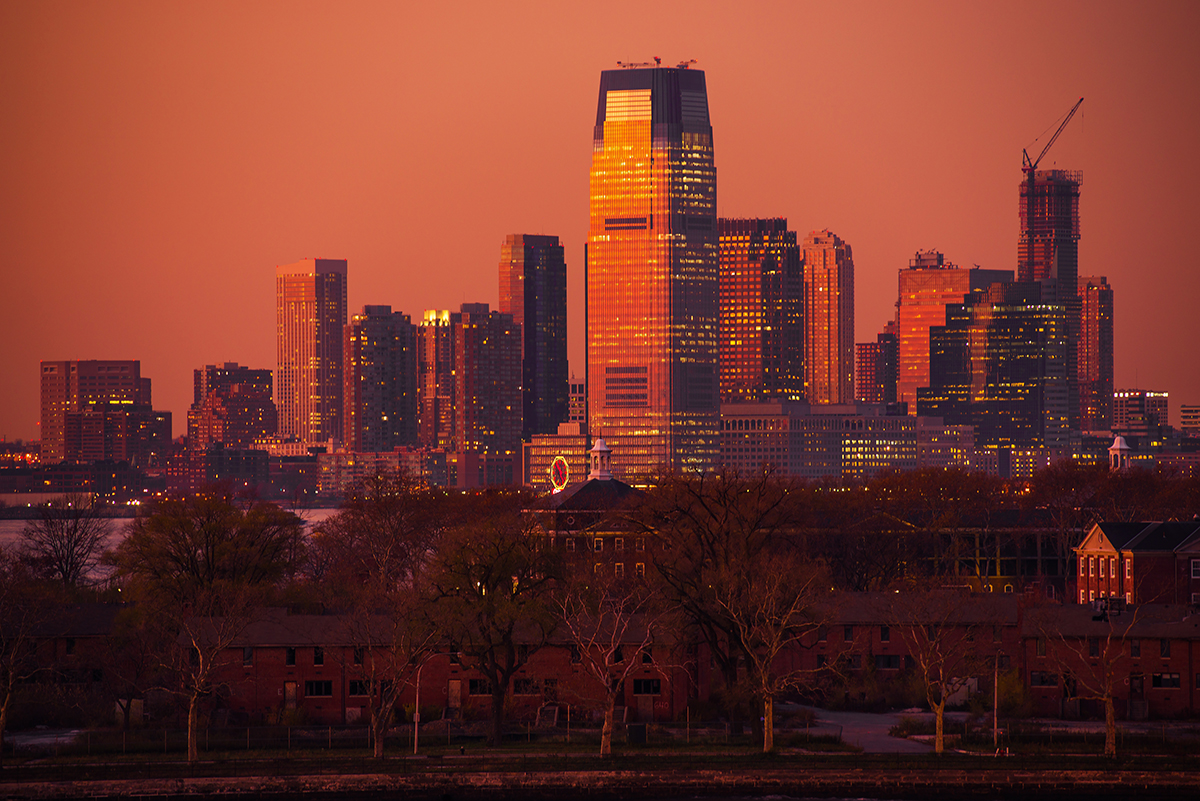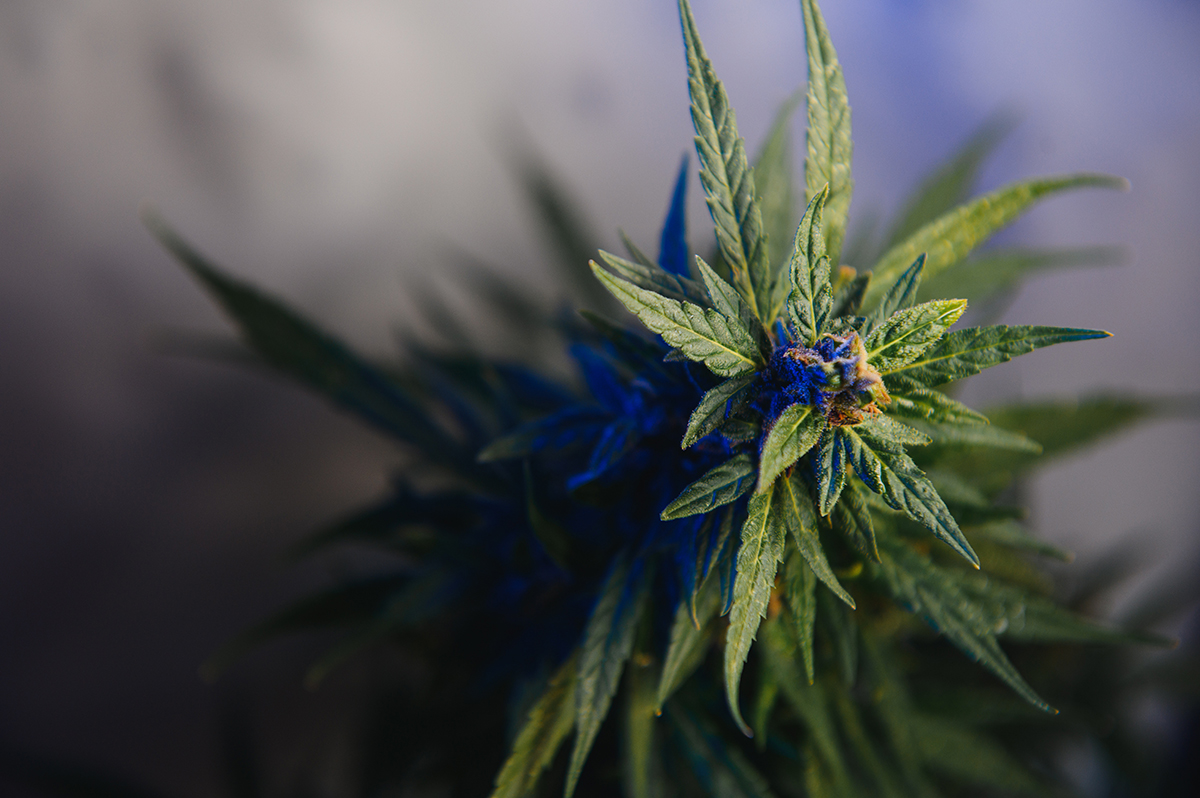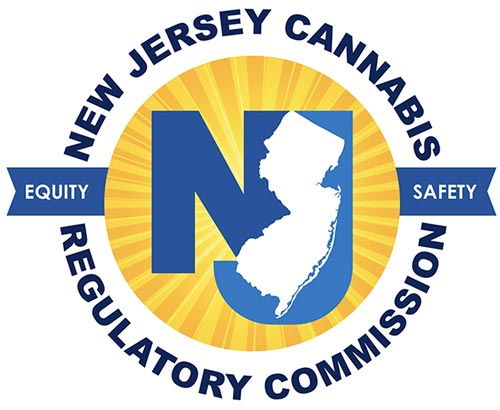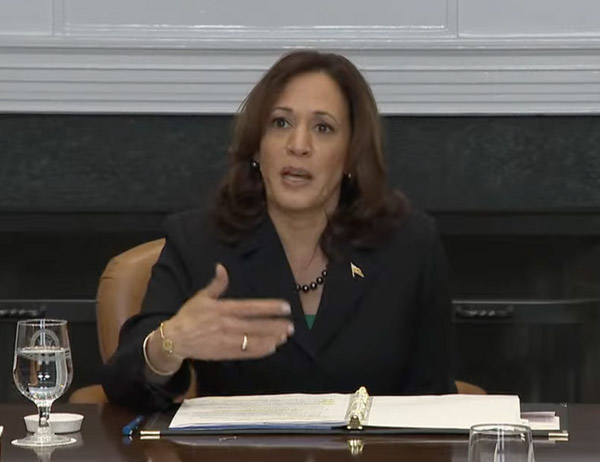Rescheduling Leads The Way
Each month, Cannabis World Congress & Business Exposition (CWCBExpo) offers a convenient roundup of the biggest cannabis news stories and hemp headlines emerging across the nation. Get these updates in your inbox by subscribing to our email newsletter, or follow us on Instagram, LinkedIn, Facebook, or Twitter (now X) to get the most recent edition when it’s published.
The Justice Department’s recent announcement of the formal process to reclassify cannabis from Schedule 1 to Schedule III dominated cannabis headlines this month, and for good reason — it’s one of the most monumental shifts in federal policy toward cannabis in decades. Get the latest — and CWCBExpo’s take on rescheduling — in this blog.
Cannabis is officially being rescheduled
The Justice Department has officially announced the initiation of a formal rulemaking process to reschedule cannabis from a Schedule I to Schedule III drug under the Controlled Substances Act (CSA). This marks a pivotal shift in federal drug policy, as cannabis has remained classified as a Schedule I substance since the CSA was enacted in 1970. The decision follows President Joseph R. Biden, Jr.’s directive to the Attorney General and the Secretary of Health and Human Services (HHS) to conduct a comprehensive scientific review of cannabis’ current schedule status.
After receiving HHS’s recommendations last August, the Attorney General sought legal advice from the Justice Department’s Office of Legal Counsel (OLC) to inform the rulemaking process. As part of this process, the DOJ has submitted a notice of proposed rulemaking, inviting public input and engagement.
The public comment period has opened on the rule change and will remain open until July 22, 2024. You can submit your comments here.
While advocates like ourselves at CWCBExpo are grateful for the long-awaited progress, we recognize that there is still work to be done.
“Cannabis should never have been Schedule I. I’m thankful this long-awaited step toward justice is finally reality,” said CWCBExpo CEO Christine Ianuzzi.
The 2024 Farm Bill includes steps backward for hemp
The 2018 Farm Bill was a notable game-changer for many in the hemp and cannabinoid industries and in many ways enabled the multi-billion-dollar hemp CBD market crazy of the late 2010s and the early 2020s. The 2024 version of this legislation — a bill that’s renewed every few years — is now tackling the world of hemp-derived cannabinoids.
The U.S. House Committee on Agriculture voted in favor of an amendment to the 2024 Farm Bill that would ban intoxicating cannabinoids derived from hemp, like delta 8 THC, and synthesized cannabinoid products, like hemp-derived delta-9 THC products that have made their way onto smoke shop shelves and online sales of late. This change would alter the definition of hemp, splitting it into two categories: industrial hemp for making clothing, seeds for eating, and other non-cannabinoid purposes, and “hemp grown for cannabinoid extraction.” Currently, there is only one definition of hemp on the federal level: cannabis sativa plants containing no more than 0.3% THC.
The U.S. Hemp Roundtable, a national policy and advocacy organization, came out against the amendment, describing it as “deeply flawed and deeply objectionable.”
Aside from the uneasiness this amendment has sent through the hemp industry, the 2024 Farm Bill does include several other provisions that may be overall beneficial for the sector. For example, the bill includes provisions to help address regulatory barriers faced by certain hemp farmers while also revising restrictions on industry participation by individuals with prior drug felony convictions.
Daily cannabis consumption surpasses daily alcohol consumption for the first time
Research conducted on data from the National Survey on Drug Use and Health found that around 17.7 million Americans consume cannabis daily or near-daily, while more than three million fewer people consume alcohol at the same rate. In 1992, less than 1 million people said they were daily or near-daily cannabis consumers. It’s a significant shift shaped by more than a decade of legal adult-use cannabis and more than 25 years of medical cannabis programs in the United States.
69% of American voters support cannabis legalization
A recent Fox News poll revealed that nearly seven in 10 American voters, including a majority of Republicans, support the legalization of cannabis.
Released in the wake of Pres. Biden’s announcement regarding rescheduling, the survey underscores the widespread support for broader reform aimed at legalization altogether. Of the registered voters polled, a substantial 69 percent expressed their backing for legalization, with 45 percent indicating strong support for the reform. While Democrats exhibit higher support for the policy change, at 81 percent, the poll also highlights significant bipartisan backing, with 55 percent of GOP voters and 65 percent of independents endorsing legalization.
Cannabis wholesale prices are dropping
Wholesale cannabis prices are declining in some state-regulated markets, according to data shared by LeafLink and Cannabis Benchmarks. Overall, average wholesale flower prices dropped by 8.1% in 2023; by comparison, prices decreased by nearly 42% in 2022. Only three state markets experienced wholesale cannabis flower price increases: Alaska (7%), Missouri (20%), and Oregon (6%).
In 2023, according to LeafLink’s Wholesale Cannabis Pricing Guide:
- Average cartridge prices per gram decreased by 11.8%, from $20.42 to $18.02.
- Average concentrates prices decreased by 11.5%, from $12.52 to $11.08.
- Average edibles and ingestibles prices decreased by 4.8% over the course of the year, and prices for pre-rolls decreased by just 0.12%, a leveling off from the 12% average price decrease in 2022.
Make plans for cannabis’s growth at CWCBExpo
What do all these changes on the national level mean for your business? Come find out at CWCBExpo 2024. From exhibitors that’ll grow your business to making meaningful connections, start setting the groundwork for your next growth stage. Register now!





















